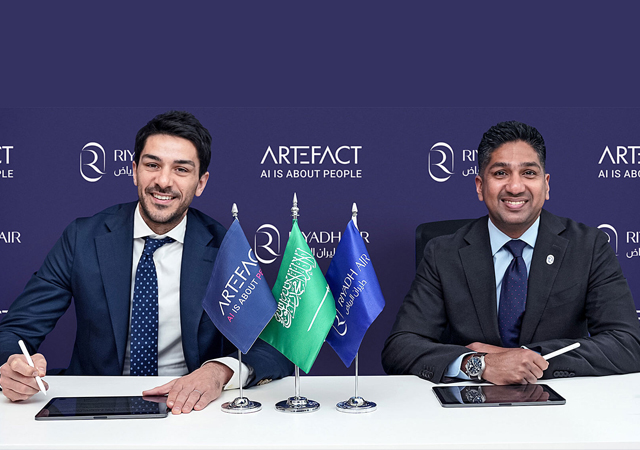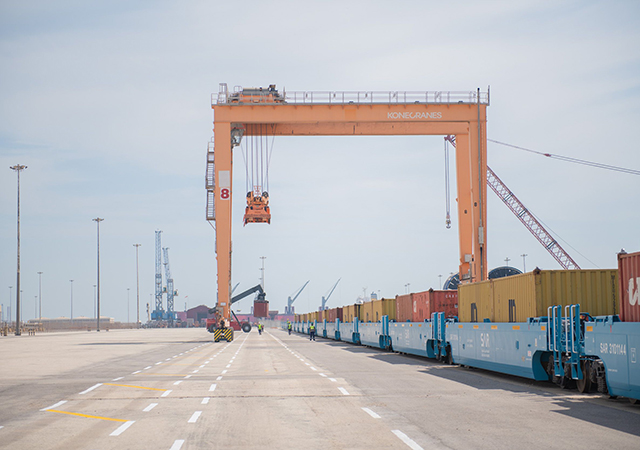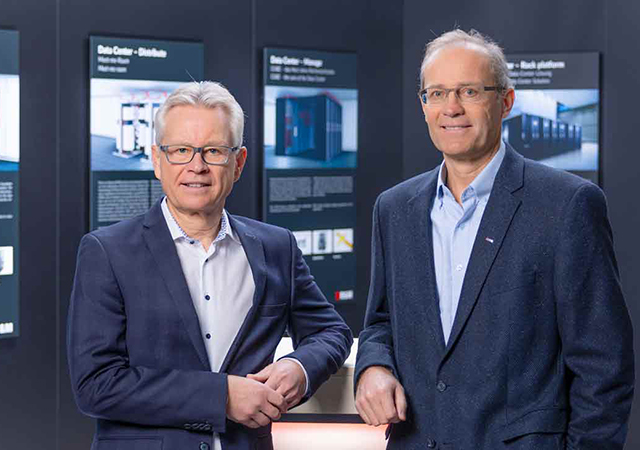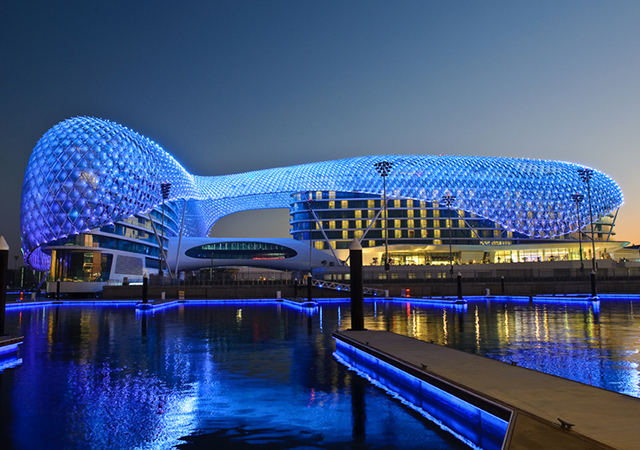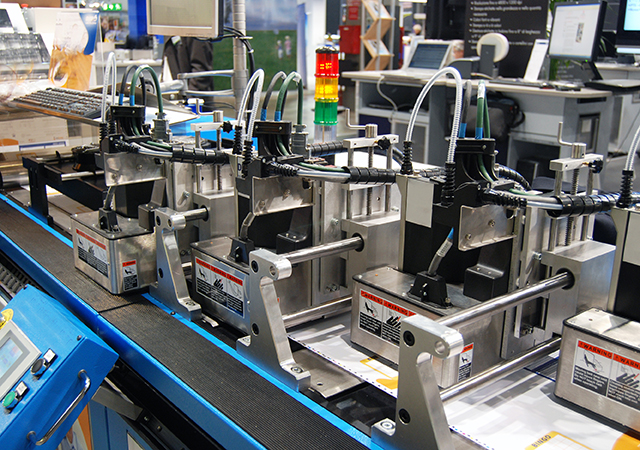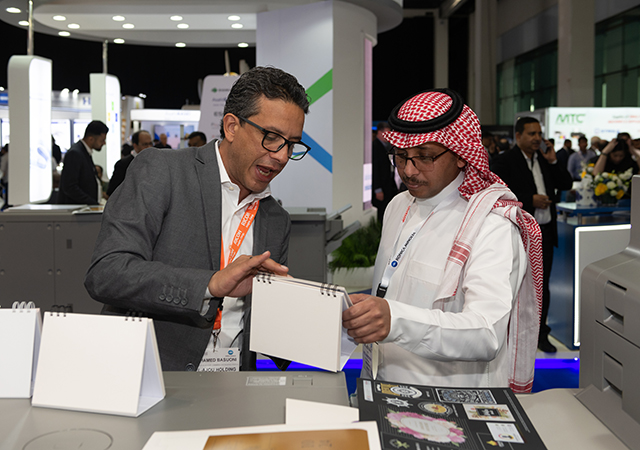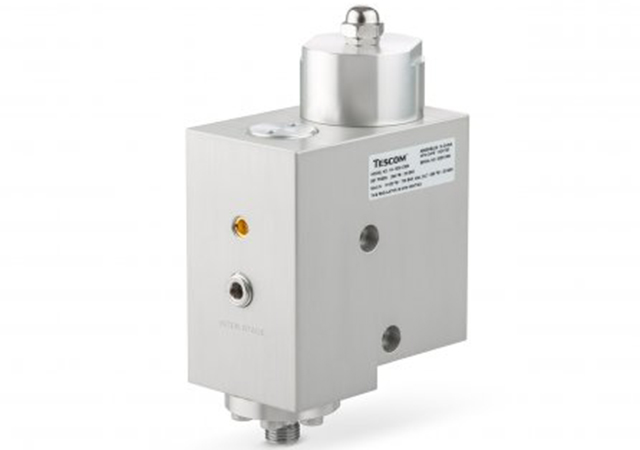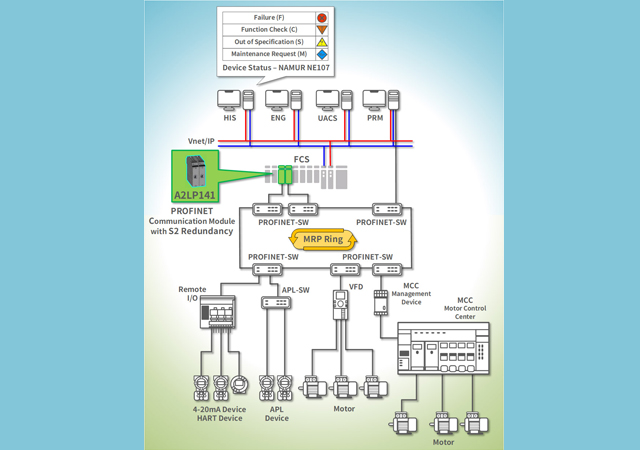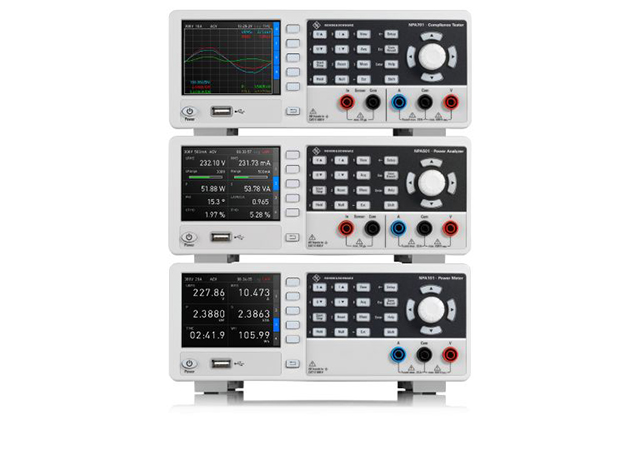
 Henkel’s headquarters in Dusseldorf, Germany
Henkel’s headquarters in Dusseldorf, Germany
Henkel exhibited its Frekote products at the JEC Composites fair which took place from March 12 to 14 in Paris and where the world’s leading adhesives manufactures presented their product portfolio for the sector.
“Frekote is not only the brand for outstanding mould release agents, users also benefit from Henkel’s expertise in the development of customer-specific solutions,” the company said in a statement.
In addition to adhesives and sealants, Henkel’s product range includes surface treatments such as the mould release agent Loctite Frekote. The products are applied to the mould, where they form an extremely thin, heat-resistant layer that combines chemically with the surface of the mould, thereby sealing even micro-porosity.
The Frekote line is the industry’s largest range of semi-permanent release agents, sealers and cleaners. Frekote mould release agents are based on over 50 years of research and development work focusing on performance, quality and value added issues and have become the global standard in industry. Henkel has developed pioneering solutions for many of the world’s largest production companies.
Frekote CS-122, RS-100 and C-400 – These include the latest innovations: Loctite Frekote CS-122, RS-100 and C-400. CS-122 is a pretreatment product that seals porosity exceptionally well. It forms a high-gloss coating within two hours and has minimal odour. RS-100 is a heat-cured sealer for rubber applications. This new pretreatment product can be applied to the mould at temperatures of up to 200°C and then cures in just five minutes. RS-100 is water-based and non-flammable. C-400 is a water-based release agent that is particularly suitable for producing high-gloss coatings on polyester parts, for example visually attractive vehicle spoilers, truck cabs and yacht bodies.
Further innovations are still under development. These include the mould release sealer Frekote CS-125, which offers additional cost savings as regards the manufacture of moulds. This product is capable of sealing porosity in moulded foams and other moulded materials without an additional coating of mould gel being required. Moreover, the product provides an excellent high-gloss finish that is unrivalled among its competitors.
 |
A Henkel bonding agent going through a |
Structural adhesives – Whether for mechanical engineering, domestic appliances or in industry, traditional fastening methods such as riveting and welding are giving way to structural adhesives across the board. These products bond different materials such as metal, plastic and fibre-reinforced composites quickly and easily.
Henkel offers a wide range of structural adhesives in five core adhesive technologies: epoxy resins, acrylates, polyurethanes, silane-modified polymers and silicones. This broad-based portfolio means that Henkel provides solutions for an extremely wide variety of applications and substrate combinations. In addition, Henkel is continually developing new adhesives to expand the current range.
Macroplast UK 1340 – The transition from fossil fuels to renewable energy sources is posing major challenges for the manufacturers of wind energy plants. Improving the availability of the plants themselves and the productivity of existing production facilities are key factors in ensuring economic viability. Rapid manufacturing processes are required to ensure that capital investments pay off. Traditionally, blade shells and spars have been bonded using two-component epoxy resins. While these materials reliably meet the extremely high mechanical specifications, they delay the automated manufacturing process.
Alternative adhesives such as Macroplast UK 1340 from Henkel are therefore needed to speed up production, Henkel says. Here the company has succeeded in developing a PUR adhesive that makes rotor blade production more efficient and satisfies the specific mechanical requirements for use in the wind power industry. Polyurethane-based adhesives react quickly, which means that Macroplast UK 1340 cures much faster than the epoxy resins used up to now. This minimises not only the duration of the cure phase, but also the release of energy and thus the temperature during curing.


